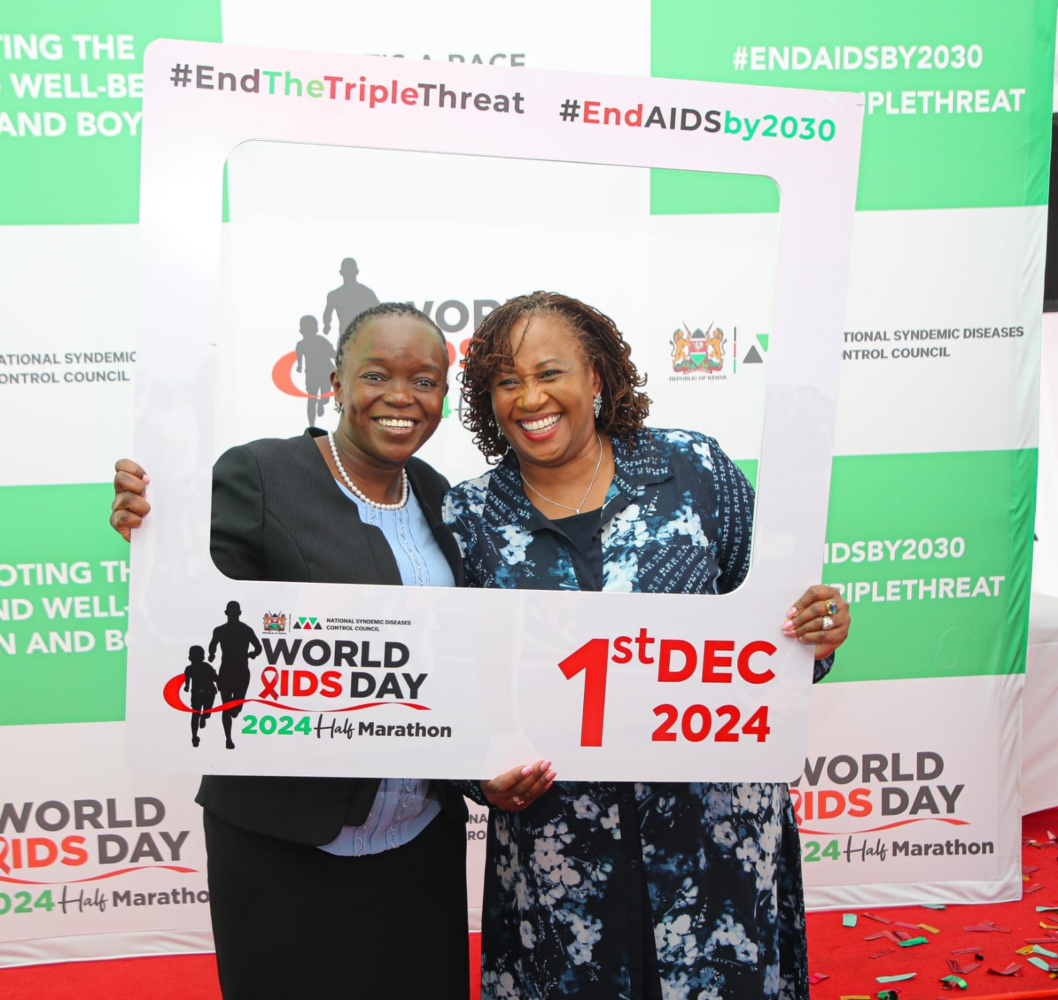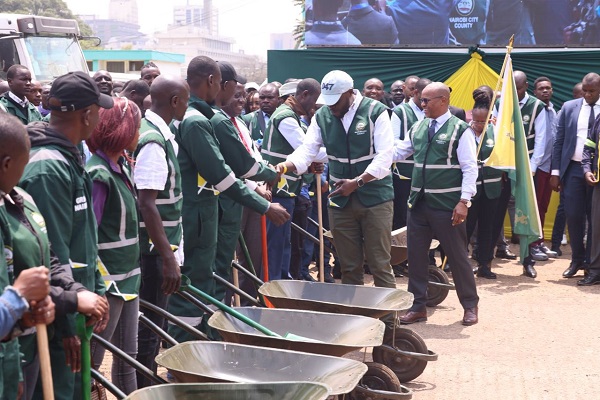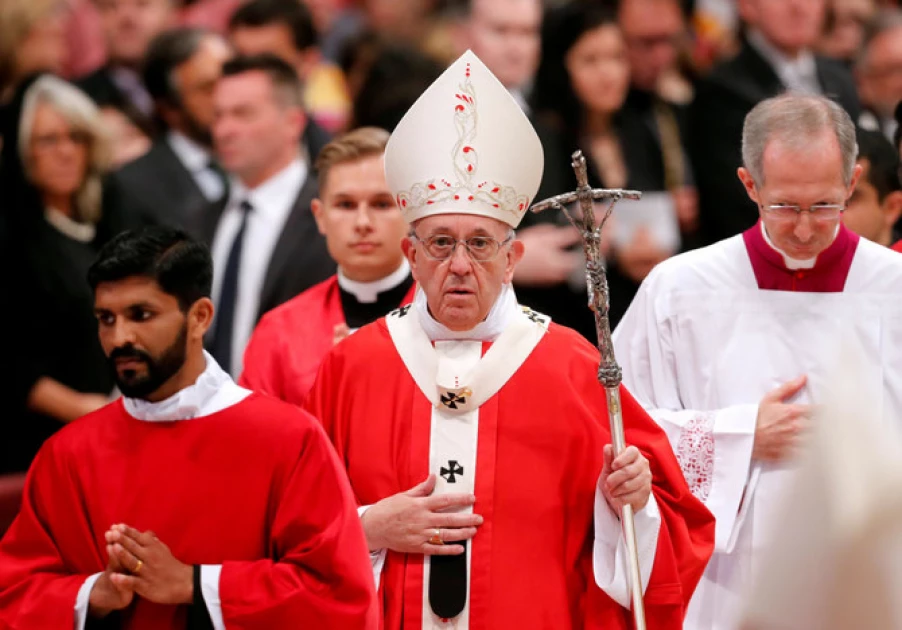The world is home to more young people (ages 15-24 years old) now than at any other time in history. Yet — as many studies published in the National Library of Medicine suggest — there is limited youth engagement in HIV prevention interventions in sub‐Saharan Africa.
The world, for the first time in 2015, committed to a universal agenda for sustainable development, which included Target 3.3 — to end the AIDS, tuberculosis, malaria, and neglected tropical diseases by 2030.
But even with all these initiatives and global efforts, we will never deliver on ending AIDS if young people are not fully engaged and in the lead. Young people are the most effective engine for social change.
Youth critical in ending HIV/AIDS
The Joint United Nations Programme on HIV/AIDS (UNAIDS) acknowledges that to end AIDS by 2030, then the root causes that put young people at risk of new HIV infections, poor health outcomes and AIDS-related deaths, including gender-related, socioeconomic and other inequalities, limited access to information, discrimination, exclusion and violence, will have to be effectively addressed.
A 2018 report by UNAIDS recommended that to tackle persisting barriers that impede youth participation in HIV/AIDS prevention, more efforts are needed to challenge harmful laws, policies and practices that negatively impact young people’s access to services, including age and spousal consent requirements, early and forced marriage, lack of comprehensive sexuality education (CSE), lack of harm reduction services and criminalization against young key populations.
In addition, the report says, support for youth participation in decision-making spaces must shift from tokenism to meaningful youth engagement, and youth participation in community responses to HIV must be acknowledged, nurtured and adequately resourced.
“…the sustainability of the HIV response highly depends on our capacity to reach the most marginalised, including young people, and to address their specific needs,” the UNAIDS report says. “The effectiveness of programmes and interventions targeting young people, can only be ensured with the full participation of young people in their design, monitoring and implementation.”
World AIDS Day 2024 Half Marathon
It is for this reason that Kenya — through the Ministry of Health — on October 2024 launched the World AIDS Day 2024 Half Marathon in Nairobi.
Health Cabinet Secretary Dr. Deborah Mlongo Barasa says this event aims to raise awareness and unite communities in the urgent fight against HIV/AIDS, reinforcing the global objective to end AIDS by 2030.

During the launch, key stakeholders, including the National Syndemic Diseases Control Council Chair Geoffrey Gitu, CEO Dr. Ruth Laibon-Masha, WOFAK CEO Dorothy Onyango, COG Representative Khatra Ali, Nairobi County Government, UNAIDS, and youth advocates, among others were in attendance.
Data shows that in recent years, Kenya has seen an 83% reduction in new HIV infections—from 101,560 in 2013 to 16,752 in 2023.
The number of people receiving antiretroviral therapy has nearly doubled to 1,336,681, while AIDS-related deaths have dropped by 65% over the same period.
“However, challenges persist, particularly in addressing the needs of children, adolescents, and young men who face a triple threat of HIV, early pregnancies, and gender-based violence,” the Ministry says.
The marathon will specifically focus on promoting the health and well-being of men and boys living with HIV. It aims to advocate for early diagnosis and treatment to reduce AIDS-related deaths in this demographic, which currently numbers approximately 487,710 individuals.
Join the movement. Run for a cause. Together, we can end AIDS.
To register for the marathon or learn more about HIV/AIDS, visit https://wad24.nsdcc.go.ke.












